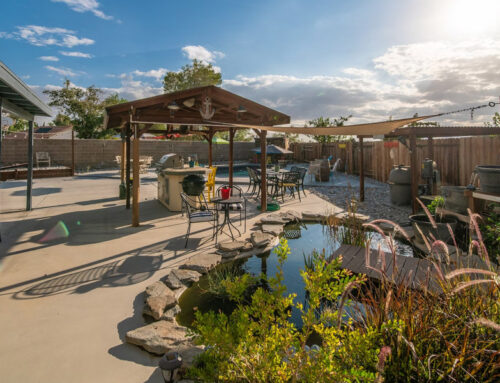A swimming pool can be an enticing addition to any property, providing endless hours of fun, relaxation, and exercise. However, there are circumstances where removing a swimming pool becomes a viable and beneficial choice. Whether it’s due to changing needs, maintenance concerns, or a desire for increased space, here are five compelling reasons to consider removing your swimming pool.
- Safety Concerns: Pools present inherent safety risks, especially for families with young children or individuals who are not strong swimmers. Despite safety measures like pool fences and alarms, accidents can still occur. Removing a swimming pool eliminates the potential hazards altogether, granting you peace of mind and reducing the risk of accidents on your property.
- Maintenance and Upkeep: Owning a swimming pool involves regular maintenance and upkeep, which can be time-consuming and costly. Cleaning, balancing chemicals, and repairing equipment are all part of the ongoing responsibilities that come with pool ownership. If you find these tasks burdensome or no longer enjoy using the pool, removing it can free up your time and relieve you of the associated maintenance expenses.
- Space Utilization: Swimming pools occupy a significant portion of outdoor space, potentially limiting other activities or landscaping possibilities. If you have a small yard or desire additional functional space, removing the pool can provide you with valuable square footage. You can repurpose the area for gardening, outdoor living, or creating a more expansive landscape that better suits your lifestyle and preferences.
- Cost Savings: Maintaining a swimming pool can be a drain on your finances. From water and electricity bills to repairs and upgrades, the expenses add up over time. By removing the pool, you can eliminate these ongoing costs and redirect your financial resources toward other priorities, such as home improvements, travel, or savings for the future.
- Environmental Impact: Swimming pools consume large amounts of water and energy, which can have a significant environmental impact, especially in water-scarce regions. By removing a pool, you can contribute to water conservation efforts and reduce your carbon footprint. Additionally, you’ll no longer need to use chemicals to treat the pool water, further minimizing your environmental impact.
While swimming pools can be enjoyable, removing them can offer compelling advantages. By eliminating safety concerns, reducing maintenance and upkeep expenses, reclaiming valuable space, saving costs, and lessening your environmental impact, you can make a positive change for your property and your lifestyle. If you find that your swimming pool no longer aligns with your needs or preferences, consider the benefits of removing it and explore the possibilities of transforming your outdoor space into something new and tailored to your vision.





